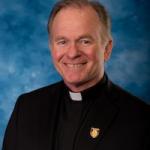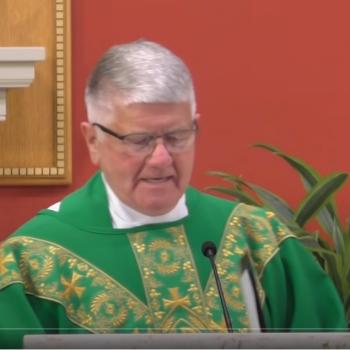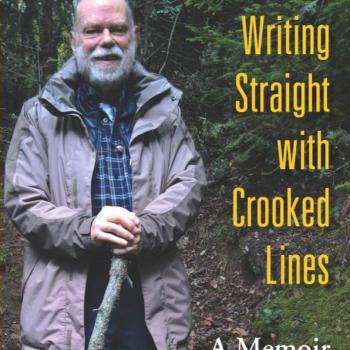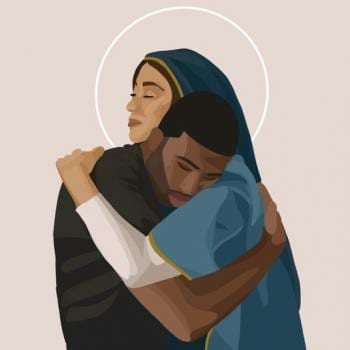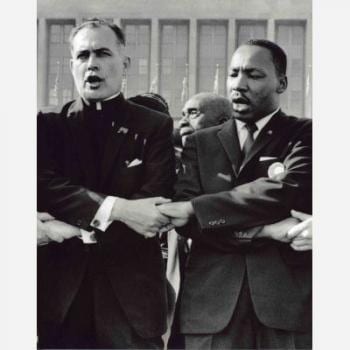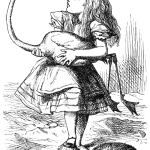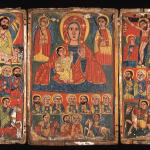Fifty years ago today, on the morning after the assassination of Martin Luther King, Jr., Robert Kennedy channeled Catholic Social Teaching in a speech before the Cleveland City Club. Read the second half of his speech and listen to the entire thing below. Think about how frighteningly appropriate these words are for us today.
“Too often we honor swagger and bluster and the wielders of force. Too often we excuse those who are willing to build their own lives on the shattered dreams of other human beings. Some Americans who preach nonviolence abroad fail to practice it here at home. Some who accuse others of rioting, and inciting riots, have by their own conduct invited them. Some look for scapegoats; others look for conspiracies. But this much is clear: violence breeds violence; repression breeds retaliation; and only a cleansing of our whole society can remove this sickness from our souls.
“For there is another kind of violence, slower but just as deadly, destructive as the shot or the bomb in the night. This is the violence of institutions–indifference, inaction, and decay. This is the violence that afflicts the poor, that poisons relations between men because their skin has different colors. This is a slow destruction of a child by hunger, and schools without books, and homes without heat in the winter. This is the breaking of a man’s spirit by denying him the chance to stand as a father and as a man amongst other men.
“And this too afflicts us all. For when you teach a man to hate and to fear his brother, when you teach that he is a lesser man because of his color or his beliefs or the policies that he pursues, when you teach that those who differ from you threaten your freedom or your job or your home or your family, then you also learn to confront others not as fellow citizens but as enemies–to be met not with cooperation but with conquest, to be subjugated and to be mastered.
“We learn, at the last, to look at our brothers as alien, alien men with whom we share a city, but not a community, men bound to us in common dwelling, but not in a common effort. We learn to share only a common fear–only a common desire to retreat from each other–only a common impulse to meet disagreement with force.
“For all this there are no final answers for those of us who are American citizens. Yet we know what we must do, and that is to achieve true justice among all of our fellow citizens. The question is not what programs we should seek to enact. The question is whether we can find in our own midst and in our own hearts that leadership of humane purpose that will recognize the terrible truths of our existence.
“We must admit the vanity of our false distinctions, the false distinctions among men, and learn to find our own advancement in search for the advancement of all. We must admit to ourselves that our children’s future cannot be built on the misfortune of another’s. We must recognize that this short life can neither be ennobled or enriched by hatred or by revenge.
“Our lives on this planet are too short, the work to be done is too great to let this spirit flourish any longer in this land of ours. Of course we cannot banish it with a program, nor with a resolution.
“But we can perhaps remember–if only for a time–that those who live with us are our brothers, that they share with us the same short moment of life, that they seek–as do we–nothing but the chance to live out their lives in purpose and in happiness, winning what satisfaction and fulfillment that they can.
“Surely this bond of common fate, surely this bond of common goals can begin to teach us something. Surely we can learn, at the least, to look around at those of us, of our fellow man, and surely we can begin to work a little harder to bind up the wounds among us and to become in our hearts brothers and countrymen once again.
“Tennyson wrote in Ulysses: that which we are, we are; one equal temper of heroic hearts, made weak by time and fate, but strong in will; to strive, to seek, to find, and not to yield.”


